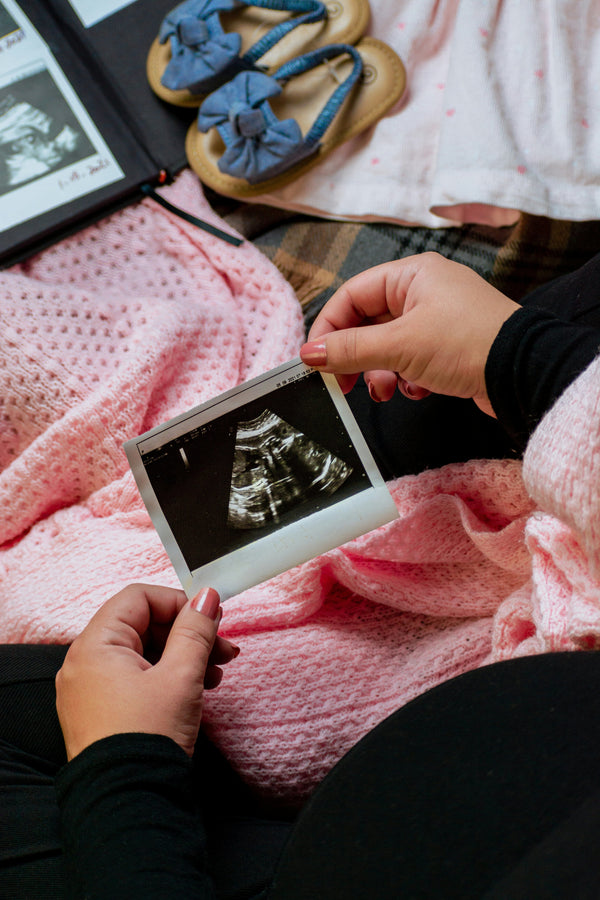Article
Second Trimester Nutrition
Posted on
Nutrition for you
The right nutrients, vitamins and minerals are needed at this stage of your pregnancy, particularly to ensure the good health of your baby’s bones and teeth – and the maintenance of your all round health and well-being too.
The placenta is now growing at an even faster rate than your baby: and the larger and healthier it is the more nutrients pass across it. Continue to choose foods from each of the major food groups, but help your baby’s skeleton to develop to its full potential with good sources of calcium, magnesium, phosphorus, manganese and Vitamin D. During the next 12 weeks, aim to eat around 200-300 extra calories per day of nutrient-rich foods. Really good nutrition in the first and second trimesters will positively influence your baby’s growth and birth weight. If you cut back on what you eat and slow the supply of nutrients because you are nervous of gaining weight, you could deprive your baby of vital elements and the result may be growth restriction.
A varied diet
Magnesium, phosphorus and manganese are also needed as part of the delicate balance of vitamins and minerals that help your baby’s bones and teeth to develop to their full potential. You should be able to get all of these via a varied diet but a supplement can help. Besides making sure you have a good supply of these vitamins and minerals in the second trimester, make sure that you eat foods that contain plenty of iron, zinc and essential fatty acids. It is well known that calcium is vital for strong bones and teeth, but it is also needed for other parts of the body, including brain-cell development, blood clotting and muscle contraction. Over the course of your pregnancy you will need to transfer about 30g of calcium to your baby. If you are not eating foods that supply the extra amount your baby needs, it will be drawn from your body’s own reserves. If your levels of Vitamin D are deficient, calcium absorption will be affected and low levels will have a negative effect on you and your baby’s health.
Nutrition for your baby

In the next three months your baby will go through several rapid growth spurts and to ensure a steady supply of nutrients you need to maintain your balanced diet. By week 16 all her or his limbs have formed and the joints can move. Her or his legs have grown tremendously and are now longer than the arms. The second trimester is a crucial time for the development of your baby’s skeleton. They will be growing and developing 300 bones, so it makes sense for you to do everything you can to help them grow to their full potential.
The crucial importance of Vitamin D in bone formation has been overlooked until recently, and surveys have found around 70% of women trying for a baby or who are already pregnant are deficient in it. The problem is especially pronounced in dark-skinned women because Vitamin D is absorbed from the sunlight and is stored under the surface of the skin. Darker skin is better protected from ultraviolet rays, but that also means that it requires greater amounts of sunshine to be able to absorb enough vitamin D. Low levels of sunshine in the UK mean that it is advisable to take a supplement during the winter, and it is not easy to get adequate amounts from food. Current recommendation across the population is 400iu, but pregnant women need more. If you have entered pregnancy with diabetes, PCOS or an autoimmune problem, or if you have had IVF and are taking medications such as heparin and steroids, you might request a Vitamin D blood test and may then be advised to take a supplement.
“Drinking plenty of milk during pregnancy will help boost your calcium levels, enabling baby’s bones and teeth to develop and grow”
Further reading
-

Is this normal in trimester 2?
Pregnancy can feel like a constant swirl of questions and new experiences. The second trimester is often called the “honeymoon... -

Myths About Early Pregnancy Safety
Trigger Warning: This post discusses early pregnancy, including topics such as miscarriage and common symptoms. The first twelve weeks of...


